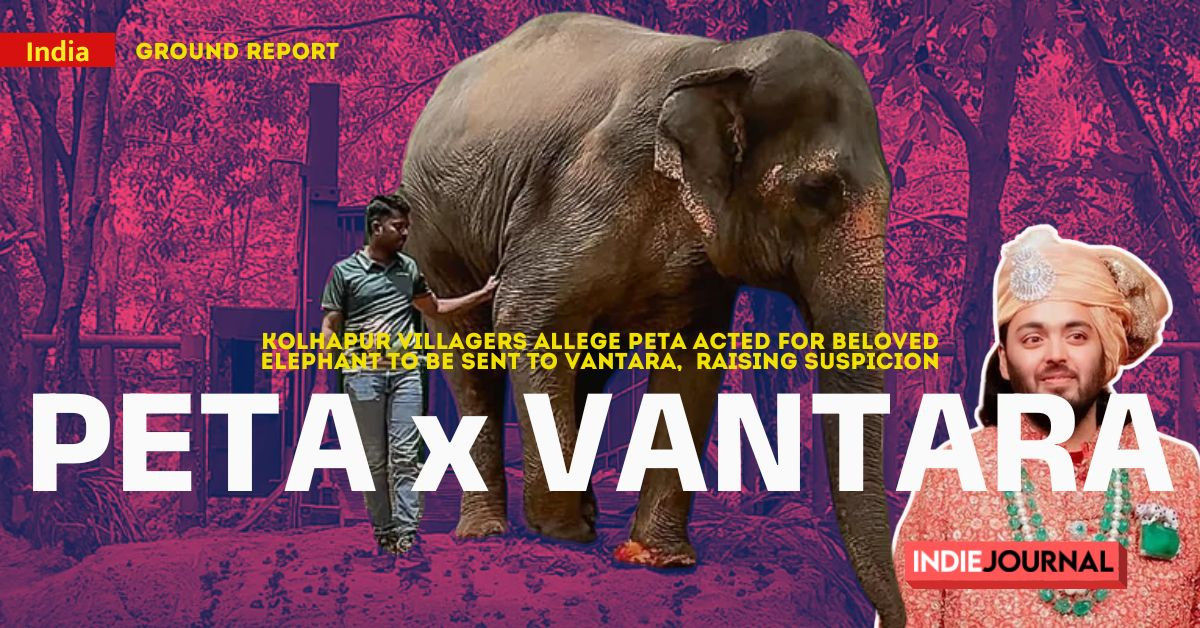India
IIT-B report denies caste discrimination reason for Darshan Solanki's death
The panel hints at the "despair of deteriorating academic performances” as “a very strong reason".

An internal panel formed by the Indian Institute of Technology, Bombay (IIT-B) has ruled out caste discrimination as the cause of student Darshan Solanki’s death by suicide last month in its interim report, citing it has found “no specific evidence of direct caste-based discrimination”. The panel hints at the "despair of deteriorating academic performances” as “a very strong reason". However, students have suggested that this is a strategic move by the institute ahead of the probe into the incident by the Special Investigation Team (SIT) that is about to begin on campus soon.
Darshan Solanki, a first-year B.Tech student from a Scheduled Caste background, allegedly died by suicide on February 12. His family alleged that he had faced caste discrimination on campus, leading to mental stress. The institute had, since the beginning, rejected the possibility of caste discrimination on campus. Around a week ago, the Maharashtra government formed an SIT headed by a senior police officer to conduct a probe into the suicide, after an uproar from all over the country.
The 12-member panel started the investigation on February 14 and interacted with or interviewed several persons for 15 days. From the interactions, the Committee, said in its report, "none of those interviewed/interacted person, including friends, teachers, TAs, mentors of DS (Darshan Solanki) and staff of Hostel-16 mentioned about any kind of discrimination either reported by DS himself or by any of his friends."
The report concludes its section on ‘Caste-based discrimination’ by saying that other than the statement of Solanki's sister, "there is no scientific evidence of direct caste-based discrimination faced by DS during his stay at IIT Bombay."
Just in | Other than the statement of #DarshanSolanki’s sister, there is no specific evidence of direct caste-based discrimination faced by Darshan Solanki during his stay at #IITBombay, internal inquiry committee concludes in interim report, reports @al_lakshman
— The Hindu (@the_hindu) March 6, 2023
The report in fact focussed on Solanki’s “deteriorating academic performance” in its report. It states that as per Solanki’s friends, he showed no interest in studies and also skipped classes.
However, students from the institutes have questioned the investigative methods used by the panel members in forming the report, calling it vague.
“The report seems to involve multiple fallacies. There is no clarity on how the students were interviewed, if experts were present to study their body language. There is no explanation to why certain statements were added to the report. There are many unanswered questions,” the student said on condition of anonymity.
The report states members of the Ambedkar Periyar Phule Study Circle (APPSC) and Ambedkarite Students Collective who deposed before the committee highlighted instances of caste discrimination on campus but “none of them had ever met DS (Darshan Solanki) or directly knew if DS was facing any kind of problem individually.”
The student Indie Journal spoke with also revealed that the report was emailed to each student on campus. “It is an attempt of the institute to set a narrative on the campus before the SIT probe begins. They were interviewing the family until now, they will soon come to the campus,” they added.
#justicefordarshansolanki family of Darshan Solanki came to Mumbai and addressed the gathering. Parents of Aniket Ambhore also shared their grief at seeing death of students and lack of representation and support systems of dalit bahujan adivasi students in IITs pic.twitter.com/yggb0gFX2E
— APPSC IIT Bombay (@AppscIITb) March 4, 2023
The student groups have been pushing for inquiry into the allegations of caste discrimination since the beginning. They have also time and again brought forth the issue and instances of caste discrimination on campus.
After Solanki’s death, news reports revealed that the SC/ST cell at IIT-B conducted two surveys last year, which showed that SC/ST students definitely faced multiple kinds of caste-based discrimination, which also impacted their mental health. However, APPSC alleged that the institution did not take any action over the results of the survey, despite having them for months.
Around a decade ago, in September 2014, Aniket Ambhore, a 22-year-old fourth-year B.Tech student of IIT Bombay, died after falling from a hostel building on the campus. While the institute had deemed the incident an accident, Ambhore’s parents were not convinced. They alleged suicide because of discrimination. In fact, it was this incident, that prompted the formation of a committee, which recommended the formation of an SC/ST Cell at the institute. However, the report on his suicide, while admitting to the existence of caste-based discrimination on campus, ruled it out as the cause of his death.





